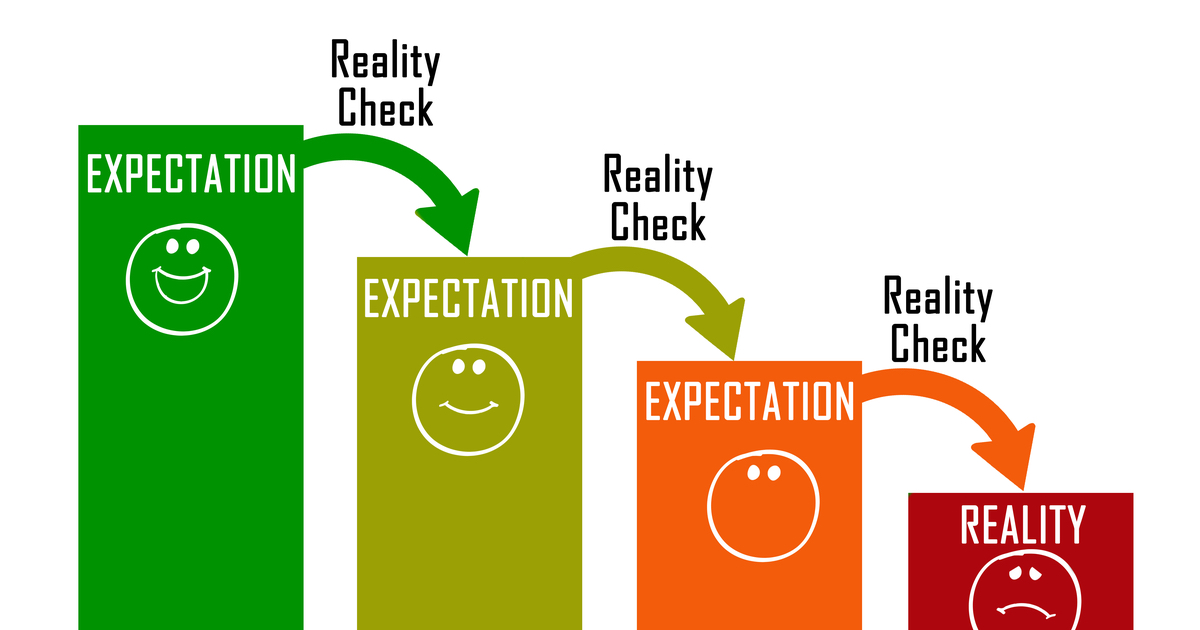Some super boards deficient on investment skills – APRA

Some superannuation funds have boards that are deficient against their own skills matrices such as investment and risk management, according to the discussion paper which sits at the Australian Prudential Regulation Authority’s proposed governance changes.
What is more, APRA is proposing to force financial entities to audit their skills and capabilities of their boards and to prove they are taking active steps to remedy any gaps.
Just months after APRA initiated the processes leading to the Deloitte review of Cbus, the regulator’s discussion paper has outlined the shortcomings it has already observed across its regulated entities.
Critics of the employer/union equal representation model common to the trustee boards of industry superannuation funds have often questioned the credentials of union-nominated directors.
APRA’s discussion paper does not directly reference the equal representation model but it does note the shortcomings it has observed as including:
- adopting a vague or a narrow view of necessary skills and capabilities, including a failure to specify expected experience, qualifications or behavioural capabilities – and failing to consider how these can be measured
- failure to specify minimum skills and capabilities that individual directors need to fulfil their role
- not verifying skills or capabilities, often relying heavily on self-assessments
- failure to take steps to address gaps and weaknesses through professional development and succession planning.
“These kinds of deficiencies tend to be most prevalent among small banks and in parts of the superannuation sector. For example, a 2021 cohort-based thematic review of mutual banks found that almost 50 per cent of boards had no directors or only one director with contemporary industry experience,” it said.
“Some RSE [superannuation fund] licensees have boards that are deficient against their own skills matrices, for example not having directors adequately skilled in key areas such as investment and risk management. However, APRA notes such issues are present in all industry cohorts.”
“Ongoing failure to address skill and capability needs will result in boards that are inadequately prepared to deliver on their organisational strategy or to anticipate and address challenges that arise.”
To address this problem, APRA said it proposed to “require all regulated entities to, on an ongoing basis, identify and document the skills, capabilities and behavioural attributes that the board needs to deliver its organisational strategy and perform its role”.
“These attributes should be clearly defined and documented in a skills matrix. They should include specific expectations for the chair, chairs of board committees and other individual directors. Skills should be measurable and verifiable, and behavioural attributes should be observable. The targeted skills, capabilities and minimum criteria should be proportionate to an entity’s business needs, size and complexity.”
“APRA proposes to require regulated entities to evaluate the skills and capabilities their boards already have and be able to demonstrate to APRA that they are taking active steps to remedy gaps through professional development, succession planning and new appointments. In considering nominees to the board, APRA expects entities to consider existing skills gaps so that each new appointment makes progress towards addressing them.”











Will APRA actually regulate Industry Super ?
More discussions over drinks at Industry Super sporting boxes no doubt will see APRA wilt as usual to Industry Supers Union & Bike bosses